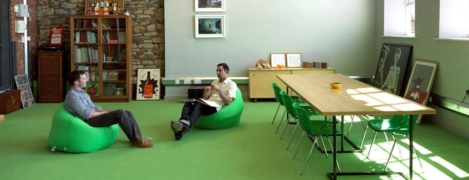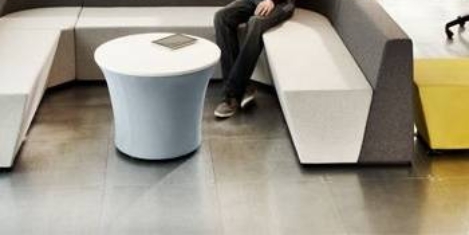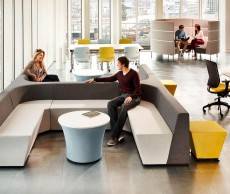June 23, 2015
A gallery of the workplace winners of this year’s RIBA Awards
 The full list of regional winners of the Royal Institute of British Architects (RIBA) Awards for 2015 has been finalised. The list of 37 winners will now go on to compete for the Stirling Prize in October. This year’s list is dominated by London projects, as is often the case, but also by homes whereas last year they were dominated by large scale projects, especially The Shard. We’ve rounded up a gallery of the major workplace projects in the list for England and Wales with some notes extracted from RIBA’s own commentaries (so don’t blame us). Each entry is hyperlinked for you to discover more about the project. Unfortunately, the regional winners for Scotland and Northern Ireland are not well served by their respective websites, which is a particular shame given the success Scotland in particular has in terms of the number and apparent quality of its winning projects.
The full list of regional winners of the Royal Institute of British Architects (RIBA) Awards for 2015 has been finalised. The list of 37 winners will now go on to compete for the Stirling Prize in October. This year’s list is dominated by London projects, as is often the case, but also by homes whereas last year they were dominated by large scale projects, especially The Shard. We’ve rounded up a gallery of the major workplace projects in the list for England and Wales with some notes extracted from RIBA’s own commentaries (so don’t blame us). Each entry is hyperlinked for you to discover more about the project. Unfortunately, the regional winners for Scotland and Northern Ireland are not well served by their respective websites, which is a particular shame given the success Scotland in particular has in terms of the number and apparent quality of its winning projects.


































June 2, 2015
The bonds that link work with place are loosening day by day
by Paull Robathan • Comment, Flexible working, Technology, Work&Place
(more…)